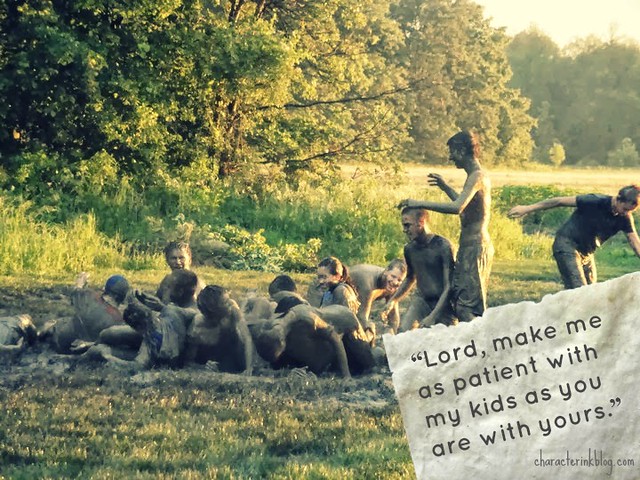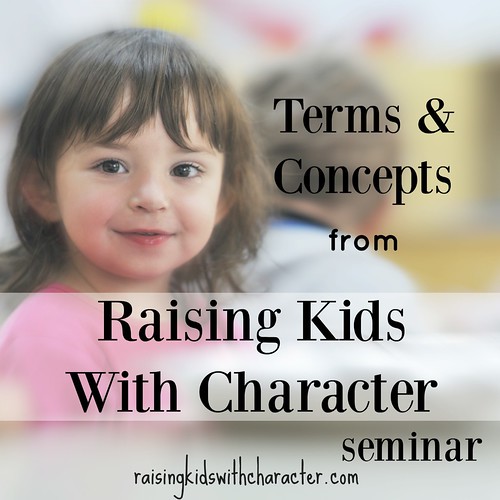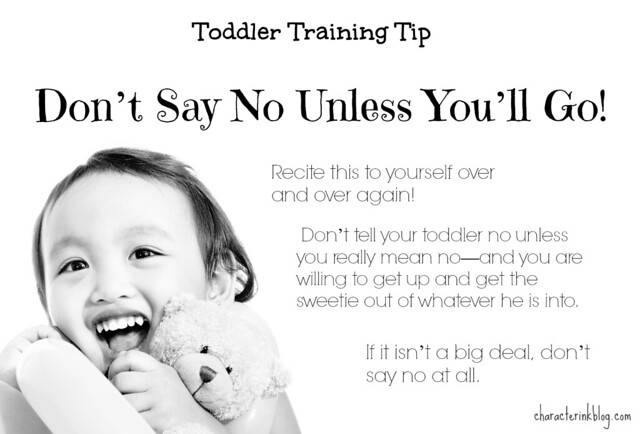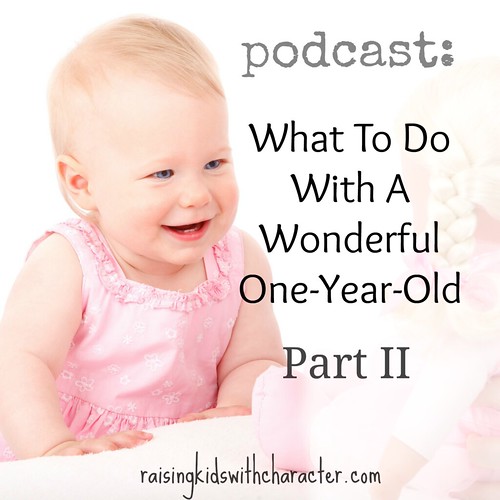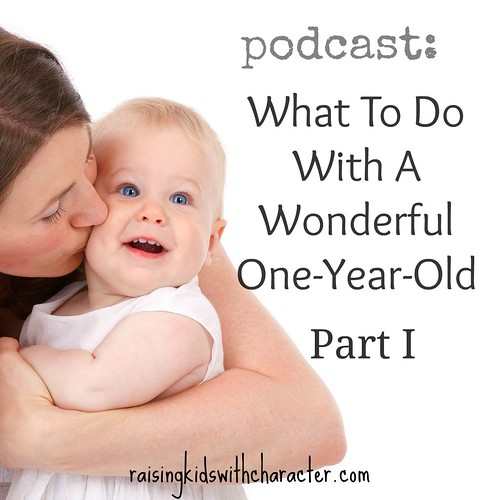Five Ways to Be More Patient With Your Kids Tomorrow
We all want to be more patient with our children, but in the heat of the battle, patience often eludes us. How can we become more patient parents? What strategies can really help us to not lash out, yell, throw something—or worse?
I am not the model of patience, but I have learned a ton about trying to become more patient in my thirty-two years of parenting. And I did become more and more patient as I grew in my parenting and desired to raise my kids in a loving, attentive home. Maybe one, two, or all five of these will help you become more patient with your kids—today or tomorrow!
1. Don’t overschedule
Okay, it really isn’t fair that I put this first. After all, you can’t implement it tomorrow if tomorrow’s schedule is already set. However, think to yourself how much more patient you could be tomorrow (or will be in a week or two or a month—when you have unscheduled some of your overscheduling!).
The bottom line is that we are exponentially less patient when we are rushed. The very nature of rushing suggests IMpatience. So we shouldn’t be surprised when we become impatient as we rush through a busy day.
In our parenting seminars, we teach with each age group, category, or section—that you have to determine your responsibilities as parents in that area—and fulfill them. Overscheduling is one of those things.
Imagine if on any overly busy day or weekend that you really did have half of the scheduled events that you now have. I nearly heard that sigh of relief all the way here in Indiana! You could think. You could parent. You could show more love. You could be more patient.
And before you say that your kids want to do all of those activities, be honest about which they would truly prefer: a patient, kind parent or another sport or club? Who wouldn’t want to live day in and day out with someone who is loving and kind over doing more?
2. Use Expectation Explanations
Another buzzword from our Raising Kids With Character parenting seminar: expectation explanations. That is, explaining to your children ahead of time what is expected of them or what they should expect in a certain situation. We used these every time we went somewhere; every time we had company; every time we had a change in something; every day; all the time!
Sure, our kids should obey us if they understand or not—but it is good parenting (and keeps kids from getting provoked!) to let them in on the details. So let them in!
By using Expectation Explanations, you are not frantically trying to change a child’s behavior in public because he wasn’t aware of the protocol. You are not yelling at a child who didn’t sit still somewhere—because he wasn’t prepared to sit still (he didn’t know what the expectations were ahead of time!). And on and on.
Giving our children Expectation Explanations helps us be more patient. Use them.
3. Think of your impatience as a volcano.
How many times does a volcano have to erupt in order to destroy the village below? Just one time. One time is all it takes for the destruction to take place.
So it is with impatience that leads to anger. We need to take our impatience and our anger more seriously than we sometimes do. By visualizing an erupting volcano, it takes our impatience to a new level in the pictures in our mind. And that is where our look at impatience and anger needs to be.
4. Count to ten, walk away, go to another room—separate yourself from the situation that is causing you to feel impatient.
Before we say something that we shouldn’t, show our impatience, or get angry, we should STOP. Separating ourselves from the situation that is causing the impatience (before the lava flows) is an old tip that quite plainly works.
It works because it is forcing us to be patient for those ten seconds or that time that we are separating ourselves. As we separate ourselves, our logic and common sense come back. We are able to better cope with a situation, see it in a new light—or at the very least use different words, expressions, and tones in our response.
If we could do this every single time we felt that we were about to get impatient or lash out, we would save our children a lot of heartache from the results of our impatience.
5. Get enough sleep
I know this is easier said than done, but it is a biggie. I am a sleep lover. I adore my sleep. I am about to go to bed right now, and I can’t quit thinking about my soft bed, wonderful pillows, perfect water bottle, and blissful sleep I will get. 🙂
I have made it a habit throughout my mothering to get 7.5 to 8.5 hours of sleep every night (unless I had insomnia, restless leg syndrome, or pregnancy issues). I just made sure I always got my sleep. I planned my bedtime and my rising time completely on my getting the amount of sleep that I needed in order to function. Sleep was (and is!) important to me.
When we are tired, our patience wears thin quickly. How fair is it to our kids to have an impatient mom just because we are not self disciplined enough to go to bed at a certain time or get the sleep we need?
We know the huge effect that sleep has on our patience—and it is something that can make us more patient tomorrow—so let’s do it!
Our children are only children for a short time (even if it seems like a long time—it isn’t). How much better for them to have patient parents who do not overschedule, who explain expectations to them, who visualize the impact of impatience and anger, who separate ourselves from situations when we are getting impatient, and who get enough sleep?

